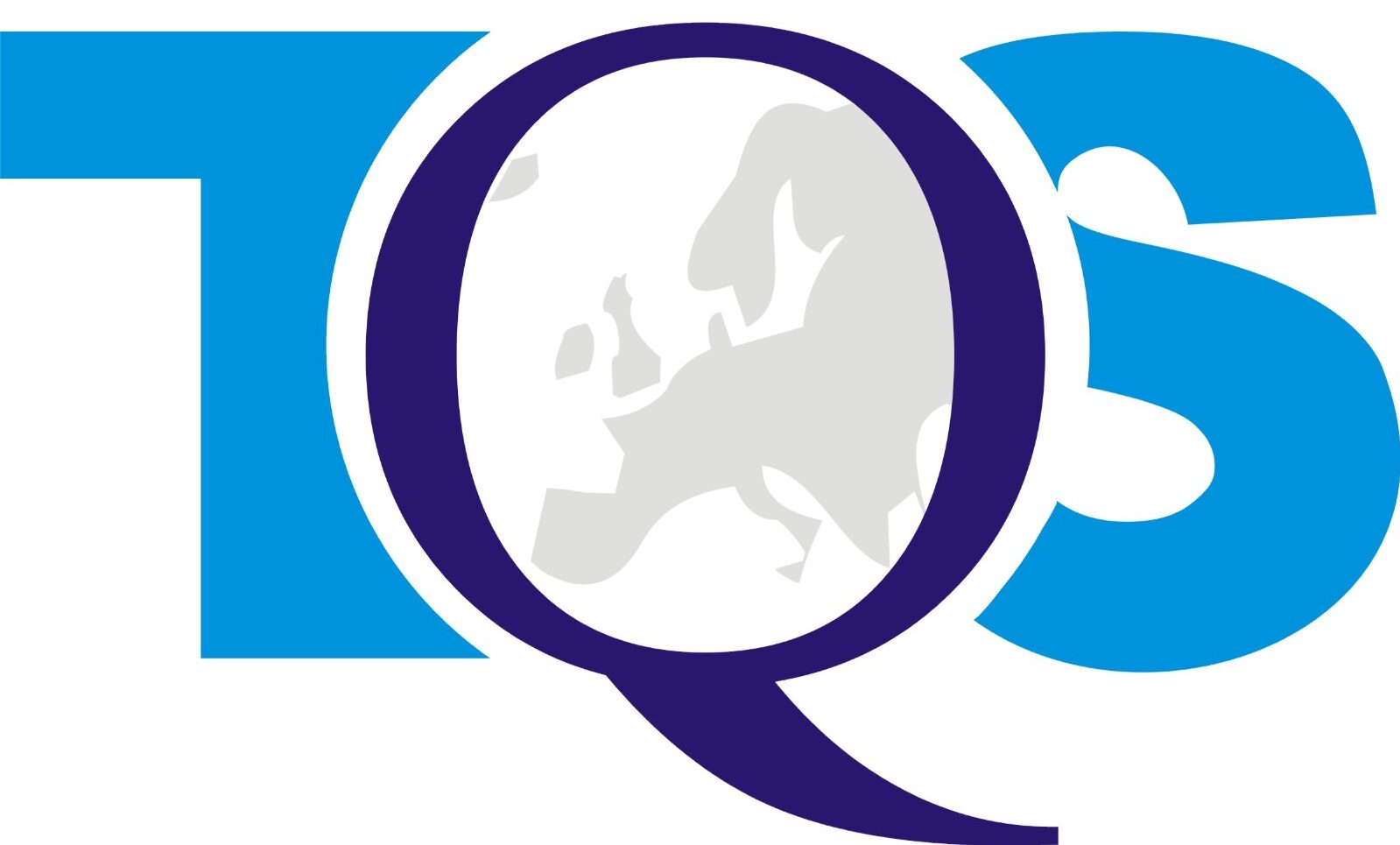Inspection Services
Inspection Network & Coverage
We have 10 inspectors in our team at the moment and all our staff is experienced and qualified for textiles (all kinds of knitted, woven, denim & home textiles), sports & camping, leather products and footwear inspections. We are performing inspections at Lahore, Karachi, Faisalabad, Multan, Rawalpindi and Sialkot locations at the moment.

Inspection services
A standard quality assurance check before an export consignment is the FRI. At the conclusion of production, when a consignment is entirely produced and at least 80% packed in cartons, key product characteristics are evaluated. Depending on the needs of the client, it is frequently used to secure the shipping in accordance with international sample plans ANSI/ASQ Z1.4, ISO 2859-1, BS 6001, DIN 40.080, NFX 06.022, and UNI 48.42. From the entire consignment, a random sample size indicative of the client’s AQL will be selected for visual examination.
A FRI would include the following: Product Conformity Check (including Style, Materials, and Colour), Packing & Assortment Check (including Export Carton Packing, Inner Carton Packing, Product Packaging and Assortment Check), Labelling, Printed Materials, and Shipping Marks Check, and Inspection of Packaging and Shipping Marks.
Having an IPI done is a preventative measure since it gives you enough time to think things through and adopt corrective measures when necessary. Typically, this inspection happens between 10% and 20% of the way through production of the entire order. The IPI may include raw materials, partially finished goods, finished goods, and/or finished goods and their packaging, depending on the product and the production process. At this point, the status of production is confirmed.
Executing a DPI enables confirmation that corrections made after an IPI have been successful and provides an additional opportunity to implement additional corrective actions as necessary. When between 40 and 60 percent of the total order amount is generated, a DPI occurs. The DPI may cover raw materials, partially finished products, finished products and their packaging, depending on the product and the manufacturing process. At this point, the production status is confirmed. Once the goods are completely produced and finished, DPI is followed by FRI.
Fabric Inspection is a visual inspection of the fabric used to grade fabrics using the Numerical International Standard (4-Point or 10-Point System) depending on the needs of the client.
When the first FRI fails due to quality, craftsmanship, or other concerns (such as the wrong shipping mark, wrong barcode, wrong accessory, etc.), a re-inspection or re-FRI is typically conducted. The re-FRI must be conducted using the same criteria (AQL level, sample strategy, etc.) as the first or prior inspection. Re-FRI quantity should be equal to or less than the quantity in the initial/previous inspection as specified on the booking form. When reworked products are entirely produced and packaged, a re-FRI is carried out.
Observing the loading of finished goods into containers and their emptying from them, as well as counting cartons and verifying that the contents matches the shipping paperwork.Inspection and sealing of shipping containers are additional services that can be provided. This inspection offers a witness to the product loading and unloading to ensure that only the examined and approved final product is sent and received in accordance with the buyers’ criteria.
An inspector selects product samples at a factory (or other sampling site) for delivery to a client or to a lab for analysis. Sample collection could be carried out as an independent service or as a component of a product examination.
